Fed in Jackson Hole, Olympic debt and helping IDPs in Afghanistan
We gather the numbers to know from the week’s biggest economic news stories so you can impress your friends.
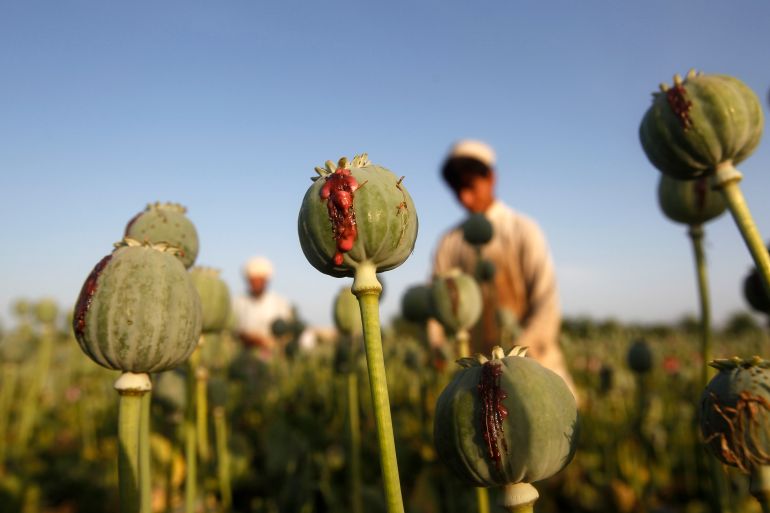
All eyes are on the scenic American town of Jackson Hole, Wyoming, as policymakers, finance ministers, government officials and academics from around the world come together to discuss the most pressing economic challenges.
This year’s Jackson Hole Economic Policy Symposium, organised by the Federal Reserve Bank of Kansas City, was once again held virtually due to the ongoing coronavirus pandemic, with United States Federal Reserve Chairman Jerome Powell kicking off the event with opening remarks on Friday.
Keep reading
list of 4 itemsClimate activists want a new US central bank chief — here’s why
As US exits Afghanistan, China eyes $1 trillion in minerals
Trillions in Afghanistan, US guns in Mexico and banning dowries
In addition to ongoing debates about inflation and tapering, there were plenty of other big business and economic news stories to talk about this week, from the turmoil in Afghanistan to the ongoing crisis in Lebanon.
Let’s jump into those stories and more.
1.5 degrees Celsius
That’s the warming threshold scientists say the world must stay under to mitigate the risks associated with climate change.
Climate activists are using the backdrop of the Jackson Hole symposium to urge global finance ministers and central bank chiefs to take action now.
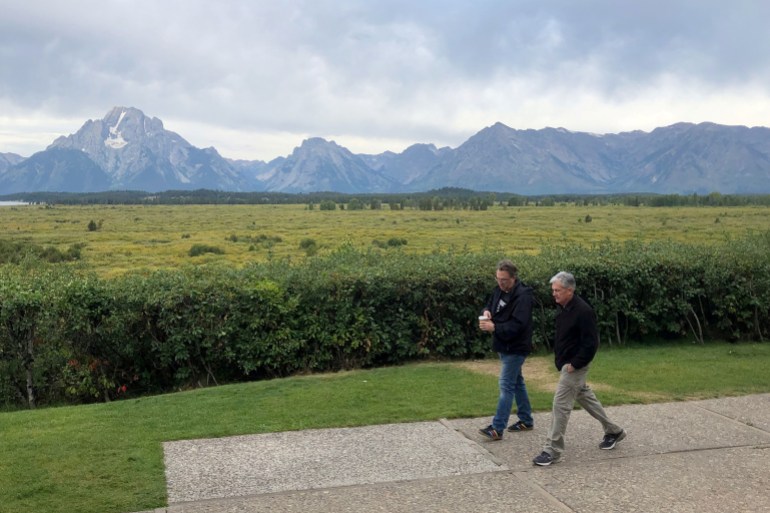
Financial institutions aren’t doing enough, activists say, and they want to see leaders — including Fed Chair Powell — enact policy that steers nations away from fossil fuels and towards greener sources of energy.
Indeed, Powell has received backlash from both sides of the climate debate.
Twelve Republican senators recently wrote him a letter accusing his organisation of going “beyond the scope of the Federal Reserve’s mission”, while progressives say the Fed — the US central bank — is too slow in promoting environmentally sound policies.
Al Jazeera’s Anna Davies has more on the push to have Powell replaced and the role the Fed plays in mitigating climate change.
$15bn
That’s how much (and counting) Japan spent to host the Olympic Games over the past decade — double the initial estimate. And critics say the human cost of hosting the games is far greater — and simply not worth it.
For one, millions of people have been uprooted to make room for Olympic infrastructure in cities around the world over the years. In the run-up to the 2008 Beijing Games, the Geneva-based Centre on Housing Rights and Evictions found that more than 1.25 million people had been displaced.
And ahead of the 2016 Olympics in Brazil, Rio de Janeiro’s mayor ordered residents be removed from many of the city’s favelas, or lower-income neighbourhoods.
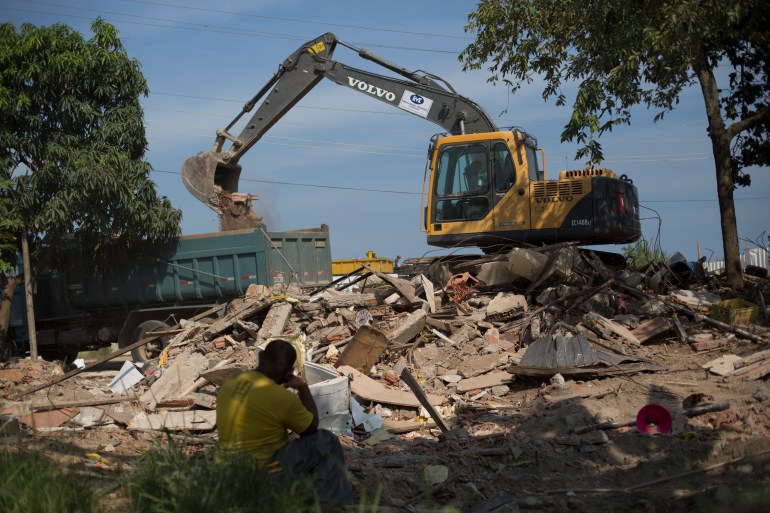
With the 2028 Summer Olympics set to be hosted in Los Angeles, California, a growing movement called NOlympics LA has been gaining traction and getting louder.
So is it time to cancel the Olympics? Al Jazeera’s Priyanka Tilve has more here.
4 million
That’s how many people in Lebanon face the prospect of critical water shortages or are being completely cut off from safe water supply in the coming days, according to the United Nations Children’s Fund’s Executive Director Henrietta Fore.
In other words, more than 70 percent of the nation’s population — predominantly vulnerable children and families — face water shortages.
Lebanon is in the throes of an economic calamity that has left more than half of its population in poverty. The country’s financial meltdown has led to severe shortages of basic goods such as food, clothing, medicine and fuel. Food items today cost about 10 times more than they did in 2019.
Al Jazeera’s Mohammed Hussein and Mohammed Haddad have more on Lebanon’s water crisis here.
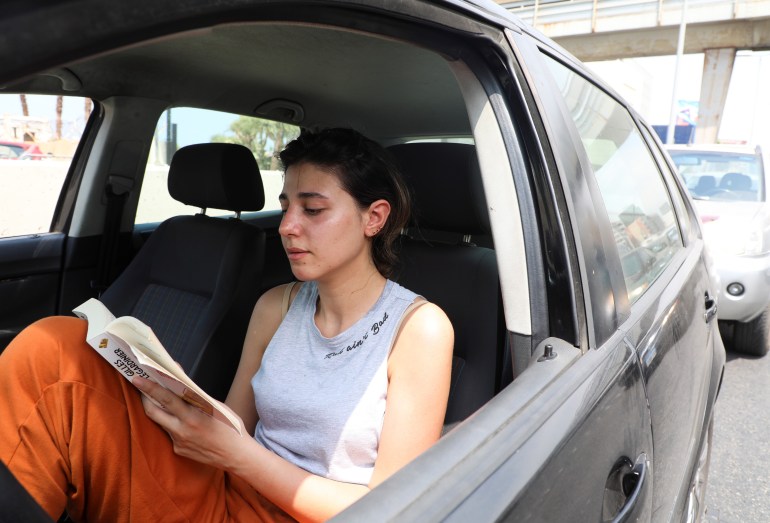
One
Afghanistan is the world’s number one supplier of opium. But the substance that is used to make heroin is not the only illegal drug Afghanistan is producing.
Drug dealers in the war-torn nation are also getting better at making methamphetamine, known colloquially as ice, crystal or meth. With the recent withdrawal of US troops, European Union authorities worry that Afghan methamphetamine production may explode and flood Europe with the drug.
As it stands now, Europe is already a big market for Afghanistan’s opium, with heroin being smuggled into the continent through the Balkan states and Turkey.
Al Jazeera’s Cathrin Schaer has more on what European authorities are doing to address the issue, the Taliban’s pledge to curb production and why an economic collapse in Afghanistan may actually lead to more — not fewer — drugs.
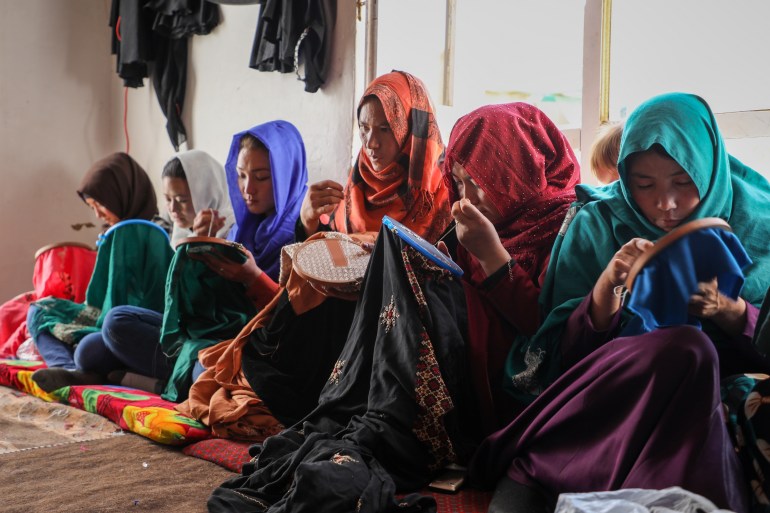
3,000
That’s how many emergency food and shelter packages Afghan e-commerce platform Aseel has distributed to Kabul families in need in recent weeks — and they’re working to distribute more as quickly as possible.
The Etsy-style app, originally known for helping Afghan artisans sell handmade jewellery, carpets and pottery to customers abroad, has revamped its website to allow people around the world to donate humanitarian aid packages to families in Kabul province.
So far, the Aseel team has helped distribute first aid and feminine hygiene supplies, clothes, tents, diapers and baby formula.
But as the security situation in the country worsens, offering a helping hand to internally displaced persons (IDPs) is not without risk, as Al Jazeera’s Robyn Huang reports here.